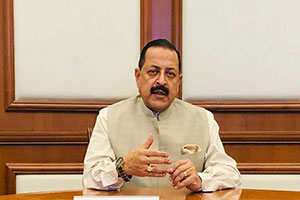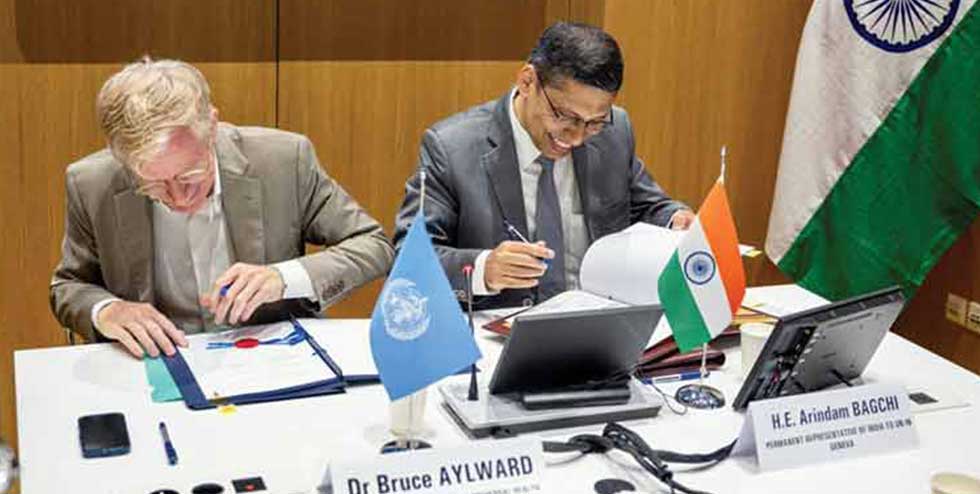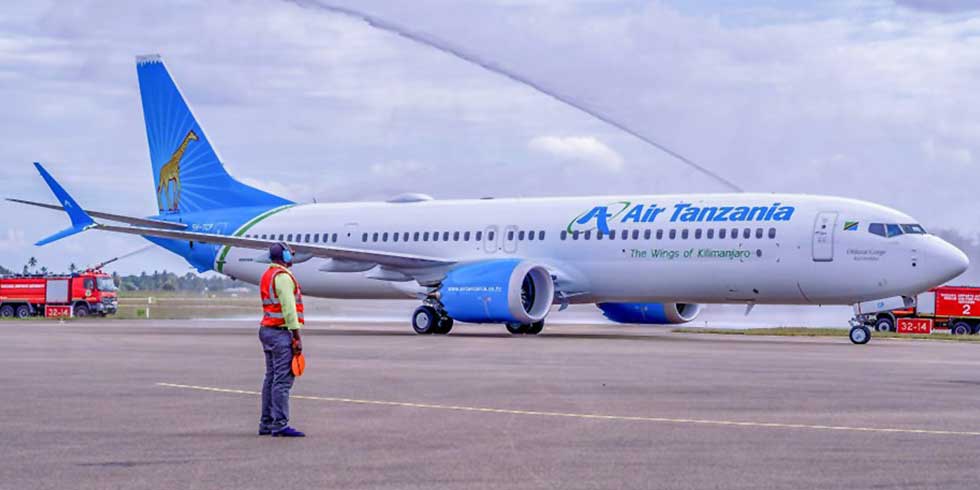By 2025, the Indian healthcare sector is anticipated to develop to a $50 billion market, according to Union Minister Jitendra Singh said.
delivering a speech titled "Seizing the Global Opportunity" at the 14th CII Global MedTech Summit According to the minister, over the past two years, healthcare has placed a greater emphasis on innovation and technology under Prime Minister Narendra Modi. In the next five years, around 80% of the healthcare system plans to boost investment in digital healthcare instruments.
"By 2025, it is anticipated that telemedicine would generate $5.5 billion. eSanjeevani, a technological innovation created by the Ministry of Health & Family Welfare, has made it possible for thousands of individuals living in distant areas of the country to consult with doctors in large cities while relaxing in the comfort of their own homes "Singh
The minister went on to say that the government's main goal is to lower import dependence from 80% to below 30% during the next ten years and to guarantee a self-reliance quotient of 80% in the field of medical technology by implementing Make in India with SMART milestones.
The Indian government has established favourable policies to encourage FDI in addition to undertaking structural and ongoing changes to boost the healthcare industry. Due to this, the country has changed its trend, becoming a hub for MedTech innovation. Now, rather than importing western items, Indian entrepreneurs are creating ground-breaking MedTech products and solutions. According to him, India has reached a turning point that is causing the HealthTech/MedTech ecosystem to rapidly expand.
The minister pointed out that the epidemic has given the economy in this sector an additional boost by altering the business environment. Especially in specialised fields like tele-consultation, AI-based diagnostics, and remote healthcare administration, he claimed that it has created enormous prospects for the healthcare industry.
India is anticipated to grow to be one of the top markets for medical devices, with a market share of 14% to 15%. By meeting the goals outlined in the National Infrastructure Pipeline 2020, which calls for the construction of 73 new medical colleges to boost domestic demand and upgrade the healthcare system, we may achieve this worldwide position.
The country will have about 50 clusters for quicker clinical testing of medical devices to support product development and innovation, the minister continued, adding that India aims to achieve 10-12% of the global market share of the medical devices industry to reach a $100 billion to $300 billion industry. According to him, the industry would be fueled by factors such as a rise in middle class, rising health insurance costs, shifting illness burdens, shifting consumer preferences, infrastructure development, legislative support, and financial incentives.








Add Comment